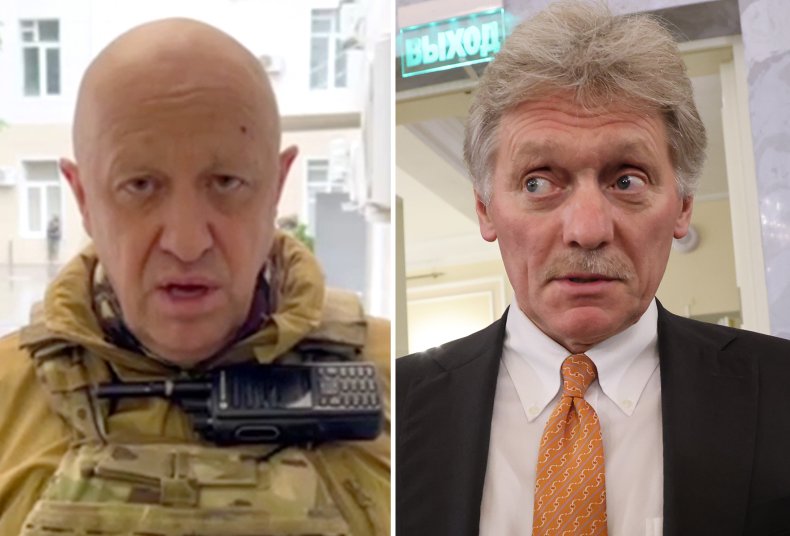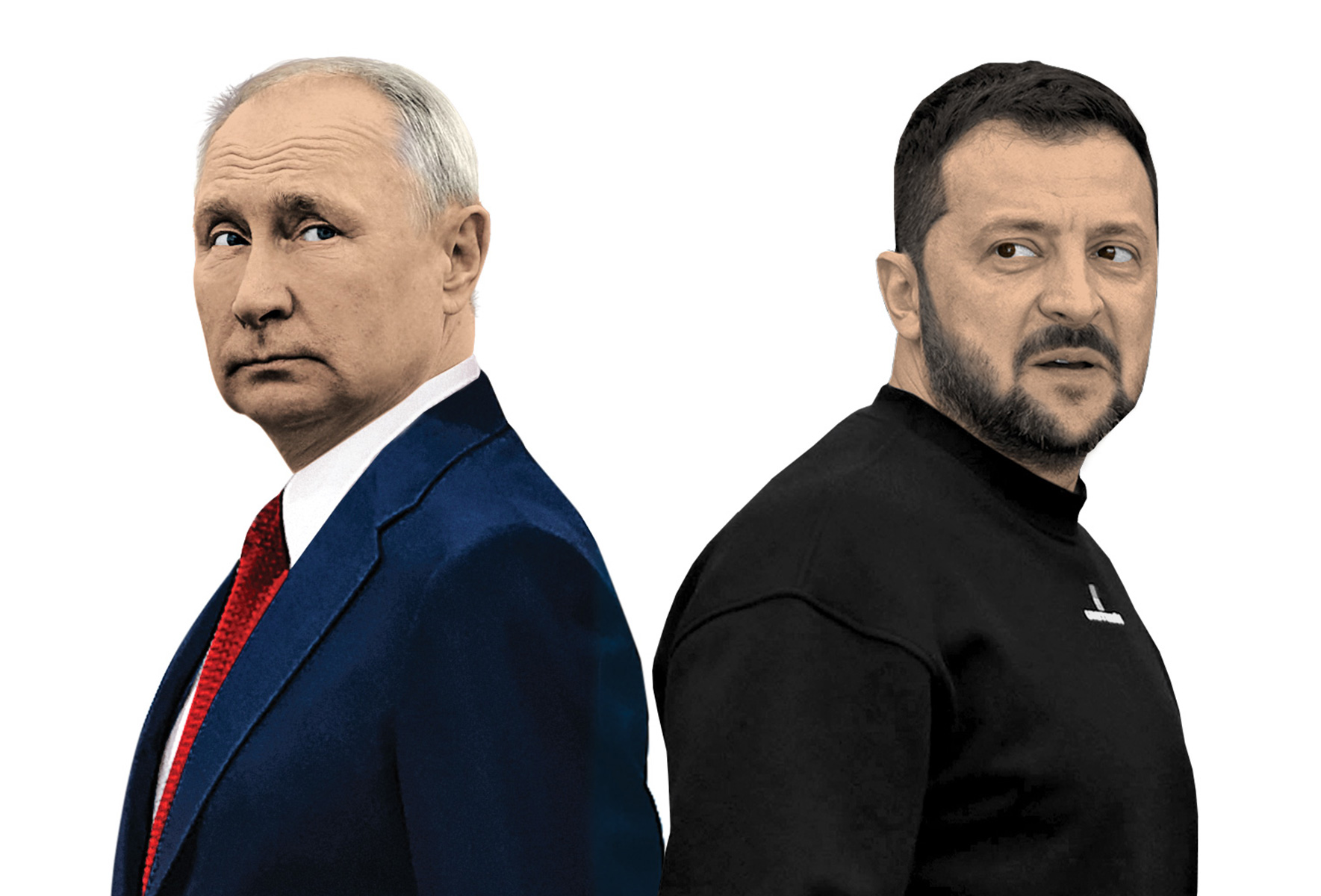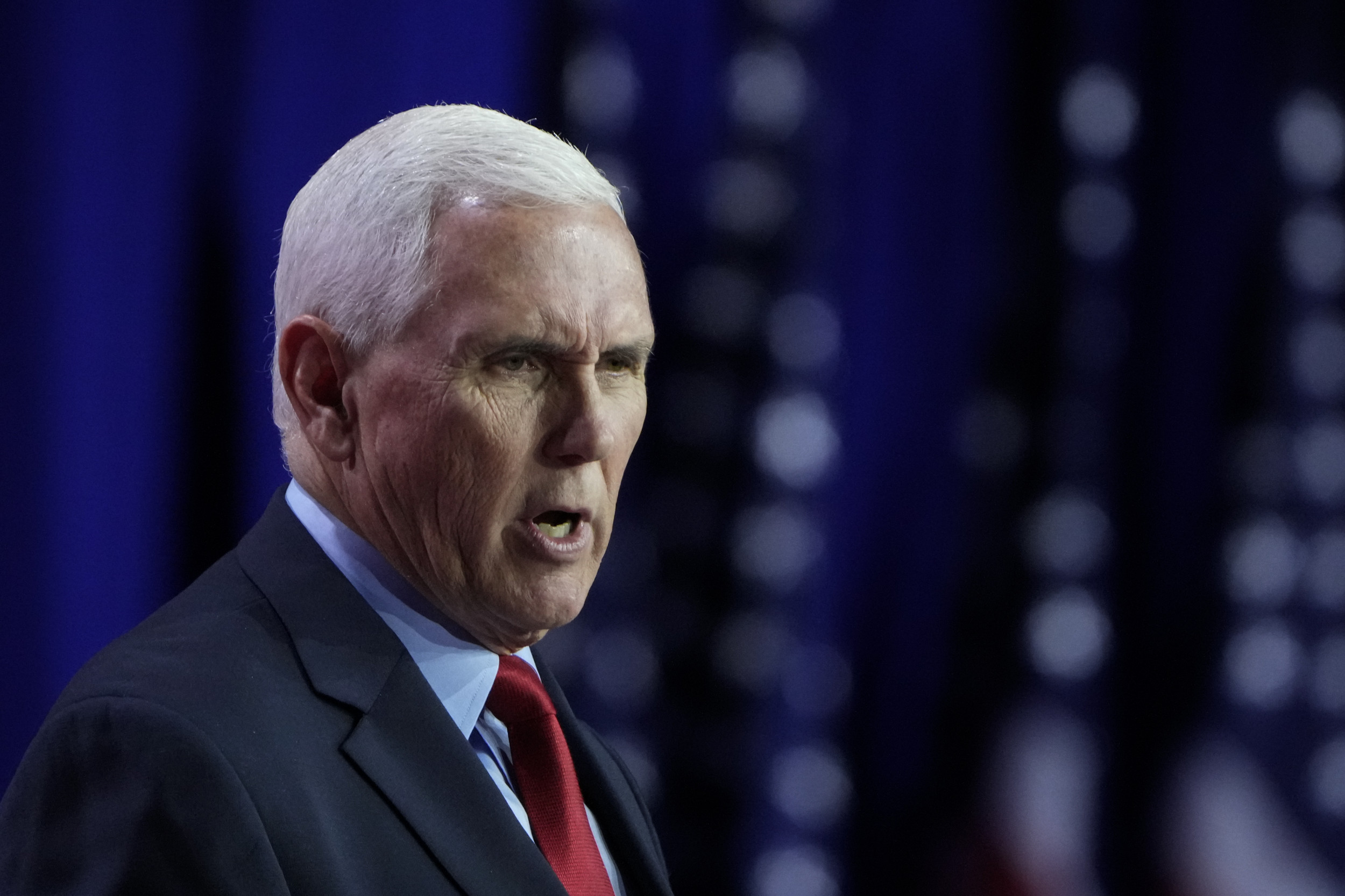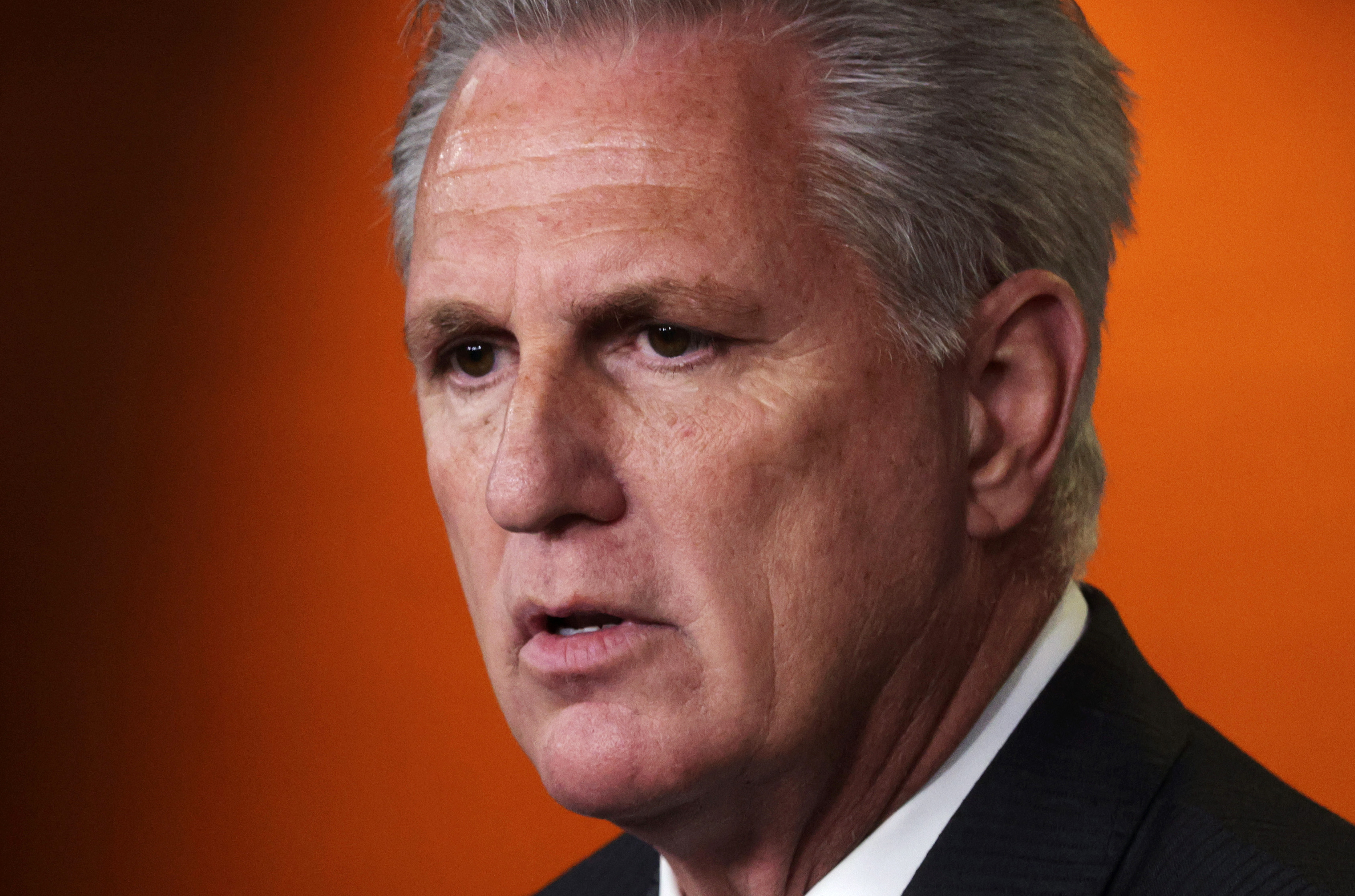Belarusian President Aleksandr Lukashenko on Thursday said Yevgeny Prigozhin is in Russia, despite the fact the Wagner Group leader is supposed to be exiled in Belarus due to his failed mutiny against Moscow.
When asked about Prigozhin's whereabouts by reporters, Kremlin spokesperson Dmitry Peskov brushed off the question.
"We don't follow his movements. We have neither the ability nor the desire to do so," Peskov said.
Newsweek could not independently verify Lukashenko's claims, and Prigozhin has not made a public appearance since the uprising almost two weeks ago that began when he claimed that Russia's military had killed about 30 of his troops in a missile strike. As a result of the alleged attack, he ordered his men to march on Moscow, but the rebellion ended the following day after a peace deal was brokered by Lukashenko that included Prigozhin relocating to Belarus.
Peskov's comments about a seeming lack of concern from the Kremlin about Prigozhin led some observers to express disbelief, experts telling Newsweek it could be part of a smear campaign.

"It's great that Russian authorities don't really care about a person who launched an armed mutiny against them," Anton Gerashchenko, an adviser to Ukraine's minister of internal affairs, tweeted. "So where is he exactly? With the money, weapons and Wagner mercenaries?"
Not everyone took Peskov at his word, though. Russian state media on Thursday began sharing images and video from Prigozhin's office and his "palace" in what's been called an effort to discredit the paramilitary leader who posed what has been the most serious threat yet to Russian President Vladimir Putin's power.
These outlets showed pictures of what was claimed to be multiple fake passports that belonged to Prigozhin, as well as photos that allegedly showed him wearing a variety of wigs.
Some people say the Kremlin's statement about Prigozhin's location could be part of this smear campaign.
"Despite Peskov's statement to the contrary, I am sure that the Kremlin is quite capable of tracking Prigozhin's movements and that it knows precisely where he is every minute of the day," George Mason University Schar School of Policy and Government professor Mark N. Katz told Newsweek.
"I think Peskov, and the Putin regime more broadly, is trying to signal that Prigozhin isn't so significant a threat anymore," Katz said. "Maybe next week, Peskov will start claiming that there really wasn't a mutiny at all and that statements about it are all Western propaganda."
David Silbey—an associate professor of history at Cornell and director of teaching and learning at Cornell in Washington—shared a similar sentiment, saying the Russians are "clearly trying to downplay" Prigozhin's importance.
"They definitely have the capacity to surveil Prigozhin and they're certainly doing it as he moves around both countries," Silbey told Newsweek. "It's a way of being dismissive of him—he's old news."
Silbey added, "The fascinating thing for me is that Prigozhin felt comfortable traveling back to Russia without, apparently, an overwhelming fear that he would be assassinated."
Newsweek reached out to the Kremlin via email for comment.








